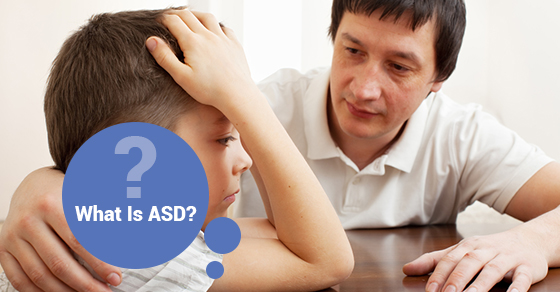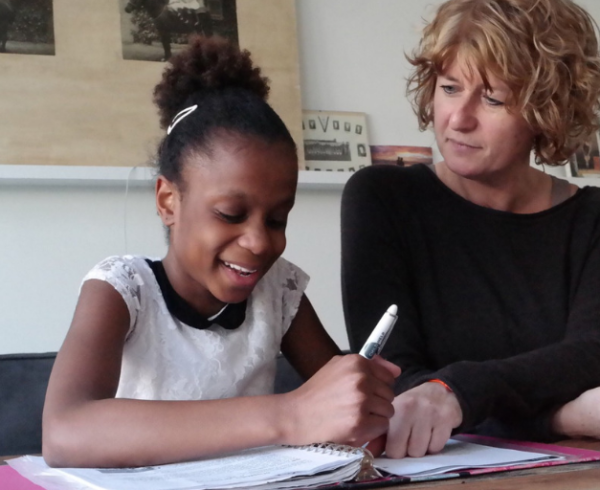ASD, or Autism Spectrum Disorder, is the classification of a particular set of behavioral and developmental problems and associated challenges. When your child is diagnosed with ASD, there are a number of common implications for their fundamental communication, social, and play skills.

The word ‘spectrum’ is very important in understanding exactly what ASD means because the nuance from diagnosis to diagnosis is so great that it is in no way a single phenomenon. The unique individual combination of behavioral traits from person to person mean that there is a vast range of permutations of the disorder, the level at which it is present and at which a child with it can function to a more or less normal degree.
Not only is the diagnosis filled with subtleties specific to the individual, but the evolution of the nature of these problems and challenges throughout the course of a child’s life means that families with ASD children, and those diagnosing them, are constantly having to re-evaluate and redefine the terms of the diagnosis, as well as the subsequent treatment and recommendations.
Statistics have shown that ASD is one of the most pervasive developmental disabilities in Canada, and that as many as one out of every 165 people have some diagnosable form of ASD. Around 80 percent of those with ASD are male, and the condition affects people equally across cultures.
A lot of time and money has been poured into ASD research and, although nothing conclusive has been determined, it is believed to be congenital and present within families to varying degrees. It is more likely than not the result of a complicated and difficult to predict interaction between several different genes.
For a long time, the nurture over nature argument was used to place the blame for the condition on parents until studies showed that the brain of a child with ASD is different from very early on in development.
There is no cure for ASD, but as our understanding of complex brain functions and genealogical predispositions continues to improve, we will be able to better influence early childhood cognitive development and design, and tailor more effective treatments to help children with ASD live as normal and as fulfilling lives as possible.
One of the main concerns of parents of children with ASD is that it is going to seriously stunt the development of a “normal” life for their child, or that their ability to find love and professional and personal success is going to be immensely hindered because of the condition. However, the stories of adults living with ASD are comforting in that many of them tell of people who have managed to live happy, meaningful, and successful lives despite the diagnosis, and as we continue to improve our understanding and treatment of it, the number of such people will grow as well.








Leave a Comment